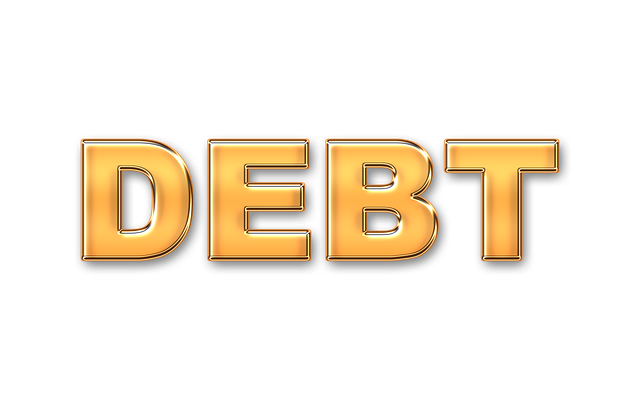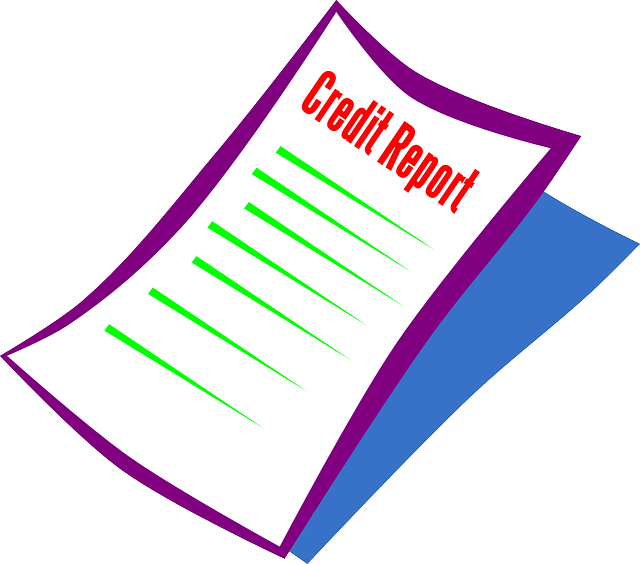While low credit scores can limit access to funding, they don't necessarily prevent it. Lenders consider various factors beyond scores. Understanding credit report language and actively improving your score through on-time payments, error disputes, and responsible borrowing can enhance funding opportunities. Alternative lending options like peer-to-peer platforms offer solutions for those with less-than-perfect credit, and over time, improved scores can open doors to traditional loans.
“Struggling with low credit scores and worried about funding? Understanding your credit score is crucial for navigating the financial world. This comprehensive guide breaks down everything you need to know about interpreting credit scores, from beginner’s basics to advanced strategies. We explore the impact of low scores on funding opportunities, decode lender jargon, and offer proven tips to improve your score. Additionally, discover alternative lending options tailored for those with limited credit history. Take control of your financial future by mastering the art of securing funding despite challenging credit.”
- Understanding Credit Scores: A Beginner's Guide
- The Impact of Low Credit Scores on Funding Opportunities
- Decoding Credit Report Language: What Lenders Look For
- Strategies to Improve Your Credit Score for Better Financing
- Alternative Lending Options for Those with Low Credit Scores
- Tips for Navigating the Funding Landscape Despite Poor Credit
Understanding Credit Scores: A Beginner's Guide

Credit scores are a numerical representation of your financial reliability and trustworthiness, based on your credit history. They’re often crucial when applying for loans, mortgages, or even certain jobs. Understanding how they work is essential for managing your finances effectively, especially when it comes to securing funding with low credit scores.
A low credit score typically indicates potential risks to lenders—it suggests that you might have struggled with repaying debts in the past. However, this doesn’t always mean you’re a poor candidate for funding. Lenders use these scores as a quick reference, but they also consider other factors like your income, debt-to-income ratio, and the type of loan requested. With careful financial management and responsible behavior, individuals with low credit scores can still access funding and improve their financial standing over time.
The Impact of Low Credit Scores on Funding Opportunities

Low credit scores can significantly impact an individual’s or business’s access to funding opportunities. When a borrower has a poor credit score, lenders often perceive them as a higher risk, which can lead to decreased chances of getting approved for loans, lines of credit, or even basic financial services. This is because low credit scores indicate a history of missed payments, high debt levels, or other financial behaviors that suggest an increased likelihood of defaulting on future obligations.
As a result, individuals with low credit scores may face higher interest rates, shorter repayment terms, and limited loan amounts if they are able to secure funding at all. For businesses, this can translate into challenges in expanding operations, accessing capital for growth, or even securing essential working capital. In the realm of personal finance, it might mean difficulties in purchasing a home, getting approved for a mortgage, or even renting an apartment. Thus, understanding and improving one’s credit score is crucial in navigating the world of funding and financial opportunities.
Decoding Credit Report Language: What Lenders Look For

When applying for funding, understanding your credit report language is key to navigating the complexities of low credit scores. Lenders carefully scrutinize this document, looking for specific signals that indicate your financial responsibility and risk profile. Key terms like “delinquency,” “default,” or “late payments” often appear in these reports and can significantly impact your chances of securing a loan with favorable terms.
These markers suggest areas where you’ve struggled to meet financial obligations in the past, which can raise red flags for lenders. Conversely, positive terms such as “on-time payments” and “no new credit inquiries” demonstrate a history of responsible borrowing and management, making it easier to access funding despite low credit scores. Knowing these nuances empowers individuals to take proactive steps to improve their financial narrative and increase their chances of securing the funding they need.
Strategies to Improve Your Credit Score for Better Financing

Improving your credit score can significantly enhance your access to and terms for funding, especially when dealing with low credit scores. One effective strategy is to regularly review your credit report from the major credit bureaus (Equifax, Experian, and TransUnion). This allows you to identify any errors or discrepancies that might be impacting your score negatively. Disputing inaccurate information can help raise your score quickly.
Another crucial step is to establish a consistent history of responsible borrowing. Pay all your bills on time, including credit cards, loans, and utilities. If you have high credit card balances, work on reducing them. Aim for keeping your credit utilization ratio below 30%. Additionally, consider diversifying your credit mix by having a mix of different types of accounts, such as credit cards, mortgages, and auto loans. This shows lenders that you can manage various financial responsibilities effectively.
Alternative Lending Options for Those with Low Credit Scores

For individuals facing challenges with low credit scores, securing funding can seem like an insurmountable task. However, there are alternative lending options available that cater to this demographic. These alternatives offer a ray of hope for those seeking financial support despite their credit history.
Peer-to-peer (P2P) lending platforms and online lenders have emerged as game-changers in the financial landscape, providing access to funding for people with low credit scores. These platforms connect borrowers directly with lenders, often from a diverse range of sources, bypassing traditional banks. This approach can make it easier for individuals with less-than-perfect credit to find willing investors, offering flexible loan terms and competitive interest rates. It’s a testament to the evolving financial ecosystem that these alternatives are becoming increasingly popular, providing much-needed support to those struggling with low credit scores funding.
Tips for Navigating the Funding Landscape Despite Poor Credit

Navigating the world of funding with low credit scores can seem like a complex labyrinth, but understanding your options is key to overcoming this challenge. One crucial step is to educate yourself about alternative financing methods tailored for individuals with less-than-perfect credit. Many lenders and financial institutions now offer specialized products designed to provide access to capital despite low credit scores. These may include secured loans, where you borrow against an asset, or peer-to-peer lending platforms that connect borrowers directly with investors.
Additionally, working on improving your credit score over time can significantly enhance your funding prospects. This involves practicing responsible financial habits like making payments on time, keeping debt levels low, and regularly reviewing your credit report for errors. Building a positive payment history and demonstrating financial responsibility will gradually improve your low credit scores funding opportunities, opening doors to more traditional loan options in the future.






